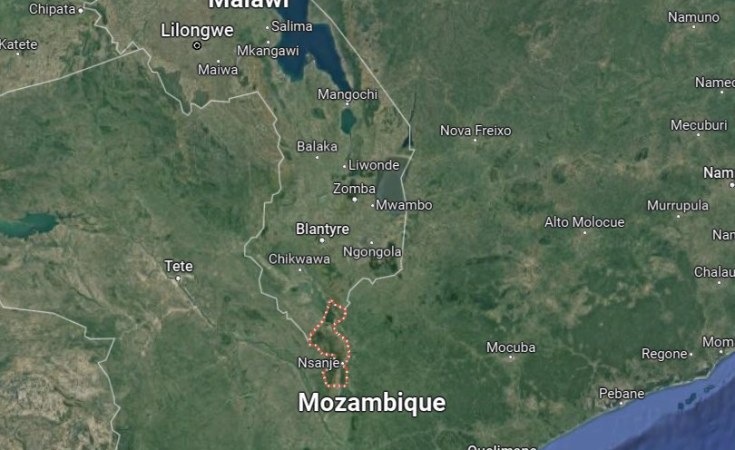Blantyre, Malawi — A one-year-old boy is dead and more than 20 people are missing in southern Malawi after a canoe carrying 37 people flipped when it was hit by a charging hippopotamus.
Police say 13 people swam to the shore of the Mtayamoyo River, which in the Chichewa language means "a place where lives are lost."
The police spokesperson in Malawi's Nsanje district said the incident happened about 7 a.m. Monday when 37 people were crossing the river on a large canoe to work in their gardens.
Police Sub-Inspector Agnes Zalakoma, speaking to VOA via the WhatsApp, said the death toll is expected to rise as police detectives and rescue teams search for the missing people.
The canoe accident is the third deadly incident on the river in three years.
"Mtayamoyo means 'death trap,' said Gladys Ganda, lawmaker for the area. "You cross that river at your own risk because it's infested with crocodiles, it's infested with hippos and the canoes that are operating around that area are not motorboats. So, when you are crossing, you actually know that I am doing this at my own risk. I have done that before, and it's very dangerous to do that."
Ganda said the accidents could be avoided by constructing a bridge across the river.
"Mtayamoyo bridge has to be constructed and probably other bridges that would take us into the fields," she said. "But Mtayamoyo bridge is a must, it's not a luxury anymore. That is a necessity, it has to reduce the deaths that are happening around this area."
In the meantime, locals have asked to have some of the animals removed from the area. Ganda said a rising hippo population in particular is posing a food insecurity threat, as the animals are also destroying crops.
Brighton Kumchedwa, director of the Department of Parks and Wildlife in Malawi, told VOA that his department is aware of the problem facing people in Nsanje. But he said moving hippos out of the area is not an easy task, and there are certain international obligations which Malawi must not violate.
"Because what you need to do is to sedate these animals or to put them to 'temporary death, or sleep' so that they are easily moved," Kumchedwa said. "These are water residents, so the moment you sedate the animal ... obviously it is [prone] to die, so it is not a simple job."
Hippopotamuses are some of the deadliest animals in Africa, killing an estimated 500 people per year.
Kumchedwa said his department will deploy a hunter to offer protection to people in Nsanje district under threat of animal attacks.


